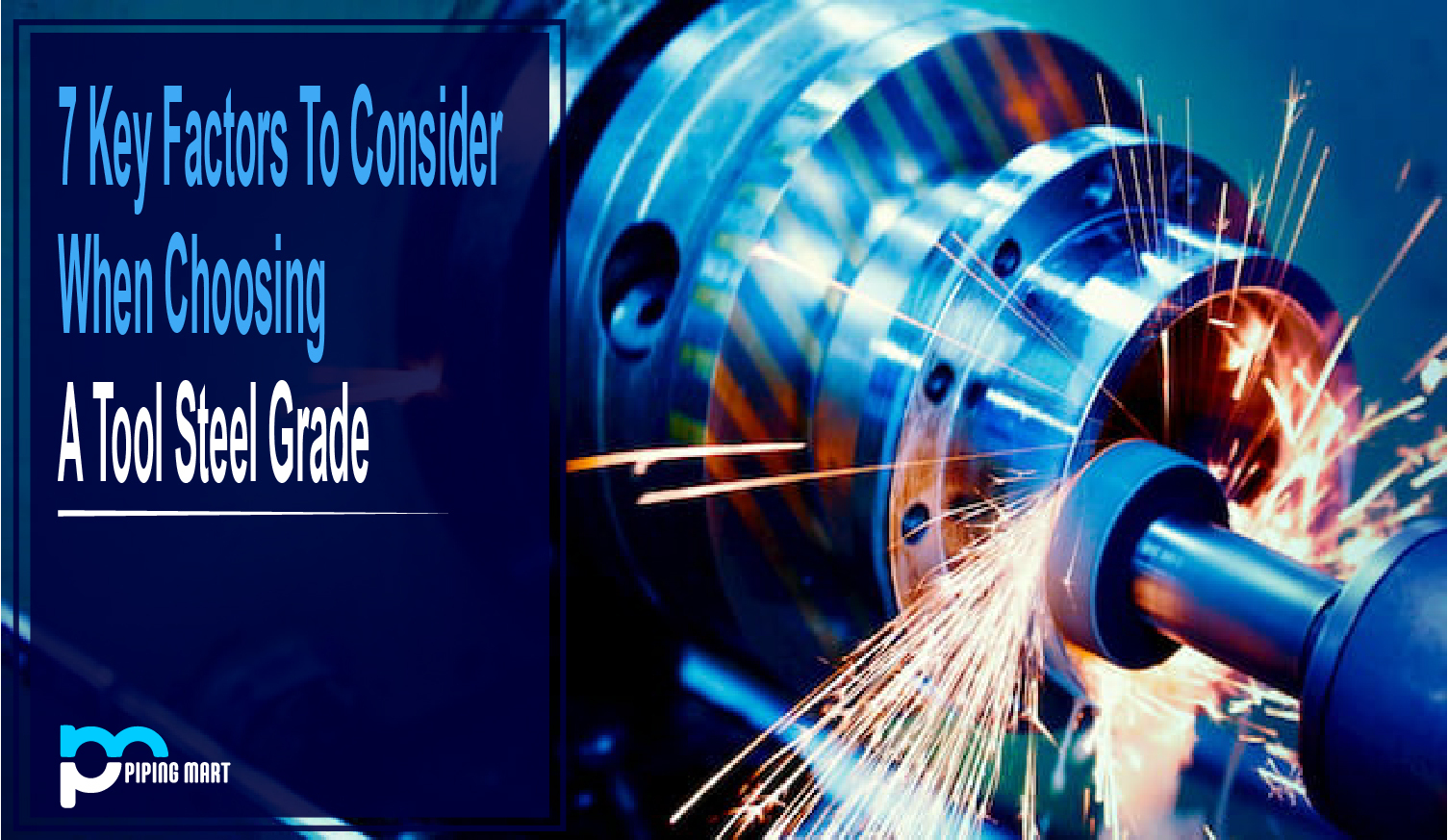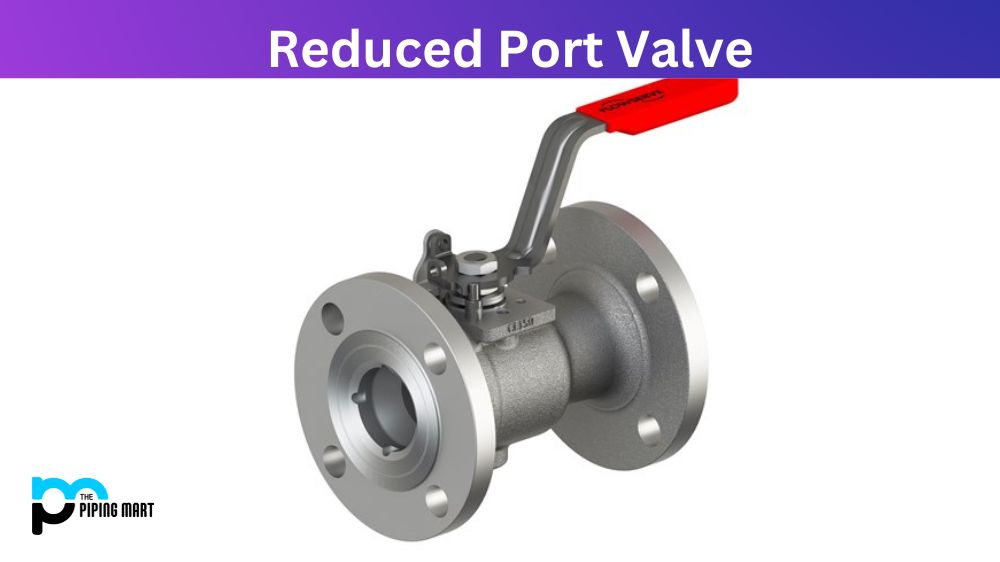Tool steels contain a huge quantity of carbon and different alloying elements. These elements enhance its physical properties and also making them the perfect selection for various types of applications. Tool steel are suitable to use in numerous applications. This tool steel is available in many different grades, such as cold-working tool steels, which include oil-hardening tool steels, water-hardening tool steels, and air-hardening tool steels. Other grades of tool steel are such as hot-working tool steels, high-speed tool steels, and shock-resisting tool steels. It is crucial to be able to recognize the exact tool steel for various purposes. Here are the seven things to be considered when choosing tool steel:
Vital impacts
Tool steels are usually complicated and brittle. When impacts happen on elements, it can create cracks. Shock-resisting tool steels are a combination that is made to significant withstand impact as they have a greater level of toughness as compare to other tool steels. This elevated toughness comes with a decrease in hardness and fatigue resistance as compared to various varieties of tool steels. Therefore, shock-resisting tool steels is only suitable to use in applications that need the steel to withstand vital and immediate impacts. The grades of shock-resisting tool steels are such as S1, S2, and S5.
Suitability for high speeds
Some tools are driven so quickly and speedily that the energy produced can occur in raised temperatures. This can impact the tool steel in two different ways. The first impact is that the increased temperature will diminish the hardness and resistance ability against the wear of the tool. The second impact is that there are multiple cycles being driven on the tool in such a quick time, and tool wear can arrive so fast. For this type of application, high-speed tool steels is ideal to use. They are made to provide not only mechanical characteristics that resist high temperatures but also to produce better resistance against wear to limit tool degradation when displayed to multiple cycles in a minimum time frame. The grades which are involved in high-speed tool steels are such as T1, M7, and M42.
Suitability to high temperatures
High temperatures can change or vary the mechanical characteristics of tool steel. This is especially valid of tool steels because several of them have been heat-treated, and reheating them can make that heat-treatment useless. Hot-work tool steels are a common alternative when using with high-temperature usage. Because they are less likely to waste their hardness and also wear resistance at high temperatures. This is because this tool steel contains comparatively high quantities of tungsten and molybdenum. Hot-work tool steels involve grades such as H12, H13, and H19. They are usually utilized for extrusion dies, casting dies, and hot shear knives.
Suitability for low temperatures
Cold-work tool steels are manufactured to be utilized for low-temperature applications. This type of tool steel consists of oil-hardening and air-hardening tool steels. They contain higher amounts of alloying elements such as manganese, chromium, and molybdenum. This usually makes this tool steel costly than water-hardening tool steels. But it has maximum beneficial mechanical properties. This type of tool steel comes in grades such as D2, O2, and A7.
Price
Tool steels with various valuable alloying elements is suitable for use in the manufacturing process. Water-hardening tool steels is available at reasonable rates with excellent mechanical properties. These grades get the greatest of their improved mechanical features from large amounts of carbon. This tool steel is water quenched to make it hard. That water-hardening tool steel comes in different grades, such as W1, W2, and W3. This tool steel is perfect to use in low budget applications.
Suitability for plastic molding
Plastic molding generally needs the use of a precise type of tool steel. They are not usually utilized for any other variety of tooling purposes apart from the production of plastic molds and different molds for metals which has low melting temperatures. This tool steel comes in grades such as P2, P3, and P5.
Customized tool steel
There are unique types of tool steels available for advanced and antic applications. This type of tool steel is usually exclusive. This customized tool steel are available in the market by many manufacturers and suppliers, but it comes at high rates. This type of tool steel are available as per application demand.

Pipingmart is B2B portal specializes in industrial, metal and piping products. Also, share latest information and news related to products, materials and different types grades to help business dealing in this industry.




